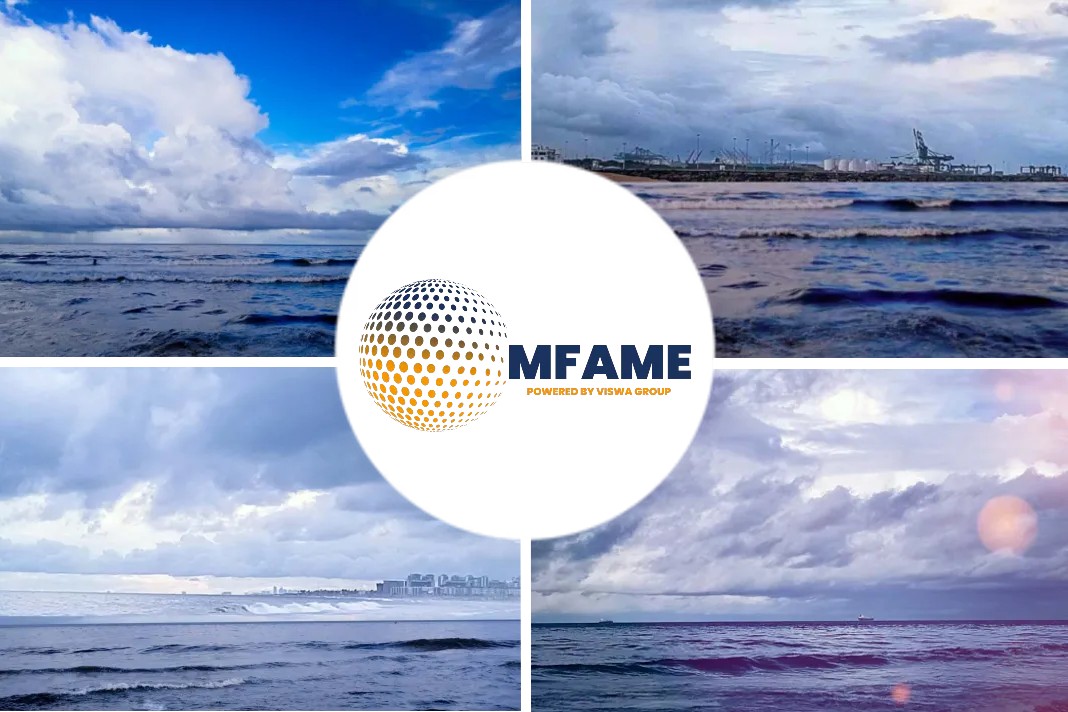- Accelerating new business development in response to the energy revolution.
- Establishing a structure to respond promptly to global trends and market needs, and support the realization of a carbon neutral world.
Mitsubishi Shipbuilding Co., Ltd., a part of Mitsubishi Heavy Industries (MHI) Group, today established Marine Decarbonation Business Development Group responding to the energy transition strategy promoted by MHI Group, says an article published on their website.
Need of carbon neutral world
This new organization, by consolidating a range of functions, from technology development and market research to the formulation and implementation of business strategies, will utilize the advanced technologies accumulated by the company over its long history of shipbuilding, in order to accelerate technological development and new business creation in the marine decarbonization field, and respond promptly to global trends and market needs to realize a carbon neutral world.
Commenting on the establishment of Marine Decarbonation Business Development Group, Toru Kitamura, President and CEO of Mitsubishi Shipbuilding said: “We have received numerous inquiries from customers regarding growth sectors such as LCO2 carriers and ammonia fuel vessels and we need a dedicated organization to coordinate the technological innovation and handle this business. The establishment of the Marine Decarbonation Business Development Group will accelerate the pioneering of new businesses that utilize and apply the oil and gas technologies possessed by Mitsubishi Shipbuilding, and in combination with conventional shipbuilding technologies, allow us to achieve ‘organizational ambidexterity.’”
Establishing a structure to respond promptly to global trends
MHI/Mitsubishi Shipbuilding has built more than 5,000 vessels since its founding in 1884, actively adopting new technologies as a pioneer in the construction of energy carriers, including coal carriers, oil tankers, and liquified gas carriers (LPG and LNG carriers).
The recent drive for decarbonization will require a transition to new energy, and premised on global trade, demand is expected to increase for clean energy carriers for ammonia and other materials, as well as LCO2 carriers to support reverse logistics for fossil fuels. In response, Mitsubishi Shipbuilding, by bringing together the many types of products and technologies for both land and sea from across MHI Group, and providing customers and partners aiming to decarbonize with its differentiated technologies, products, systems, and comprehensive solutions, will contribute to the realization of decarbonized world.
As part of the energy transition strategy promoted by MHI Group, Mitsubishi Shipbuilding has set a growth strategy called “MARINE FUTURE STREAM,” focused on the ship and marine sector.
In this strategy, the company has set goals for the decarbonization of the maritime economy through clean energy and the carbon cycle, the effective utilization of the marine space with digitalization and electrification, and the generation of new ideas through marine-related innovation.
By realizing the strategy, Mitsubishi Shipbuilding will respond to the demands of customers and society to resolve issues.
Did you subscribe to our daily newsletter?
It’s Free! Click here to Subscribe!
Source: mhi.com

























